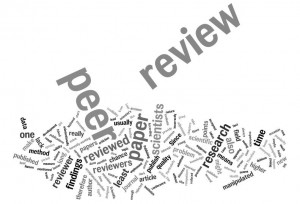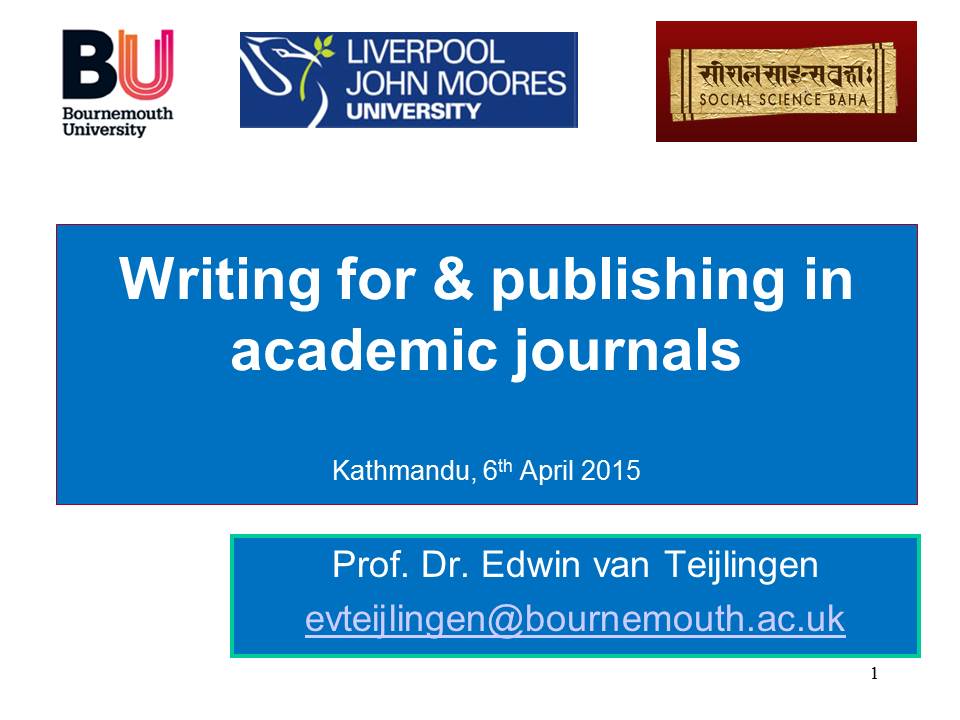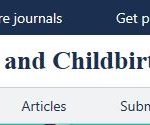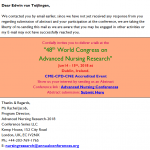Once you have submitted you manuscript to a scientific journal, the editor has a (quick) look at it and sends it out for review. As I remind students and colleagues in training sessions on academic writing and publishing, the editor and the peer reviewers are academics like me and my colleagues who do both the editing and the reviewing, for free and over and above the day job. Being an editor and a reviewer are part of being any academic’s so-called scholarly activity. We are expected to do this as part of the wider scientific community for the benefit of our academic discipline(s).

When an academic receives an invitation to peer review, the journal will send you a copy of the paper’s abstract. On reading this abstract you then decide whether you wish to do the review. If the paper sounds interesting and it is in your field and you have the time you may volunteer to conduct a review. Once you have agreed you will get the full paper (or more likely you are send a link to the publisher’s website). The requirements of the review report varies between disciplines and often between journals. Some follow an informal structure, but others have a more formal approach, sometimes with scoring systems for sections of the paper.
Unfortunately, academics across the globe are experiencing an ‘epidemic’ of invitations to review for scientific journals. And I am not talking about so-called predatory publishers, i.e. journals and publishers that are only in it for the monetary gain, no I am talking about legitimate journals sending out invitations to review for them. Especially scholars with a few decent publications receive several emails a week from often high quality scientific journals. The photo of my email inbox shows three invitations in a row I received in the space of two hours last week (10th July), two are even from different Associate Editors for the same journal! 
I would like to stress that doing peer reviews is very important. It is the backbone of academic publishing. Reviewing is part of our overall scholarly responsibility so we all do it, although some more than others. We all have are favourite journals to review for, perhaps because the journal is high quality, or we like to publish in it ourselves, because we know the editor, or our reviewing is recognised on websites like KUDOS. I would like to urge colleagues who don’t manage to review at least once a month to step up and agree to review a wee bit more often.
Prof. Edwin van Teijlingen
Centre for Midwifery, Maternal & Perinatal Health
 Two papers rejected the day after submission in same week
Two papers rejected the day after submission in same week Last review of the year
Last review of the year Fake conferences are not fake news: beware predatory conferences
Fake conferences are not fake news: beware predatory conferences










 ESRC Festival of Social Science 2025 – Reflecting back and looking ahead to 2026
ESRC Festival of Social Science 2025 – Reflecting back and looking ahead to 2026 3C Event: Research Culture, Community & Cookies – Tuesday 13 January 10-11am
3C Event: Research Culture, Community & Cookies – Tuesday 13 January 10-11am Dr. Chloe Casey on Sky News
Dr. Chloe Casey on Sky News Final Bournemouth University publication of 2025
Final Bournemouth University publication of 2025 On Christmas Day in the Morning…
On Christmas Day in the Morning… ECR Funding Open Call: Research Culture & Community Grant – Application Deadline Friday 12 December
ECR Funding Open Call: Research Culture & Community Grant – Application Deadline Friday 12 December MSCA Postdoctoral Fellowships 2025 Call
MSCA Postdoctoral Fellowships 2025 Call ERC Advanced Grant 2025 Webinar
ERC Advanced Grant 2025 Webinar Horizon Europe Work Programme 2025 Published
Horizon Europe Work Programme 2025 Published Update on UKRO services
Update on UKRO services European research project exploring use of ‘virtual twins’ to better manage metabolic associated fatty liver disease
European research project exploring use of ‘virtual twins’ to better manage metabolic associated fatty liver disease